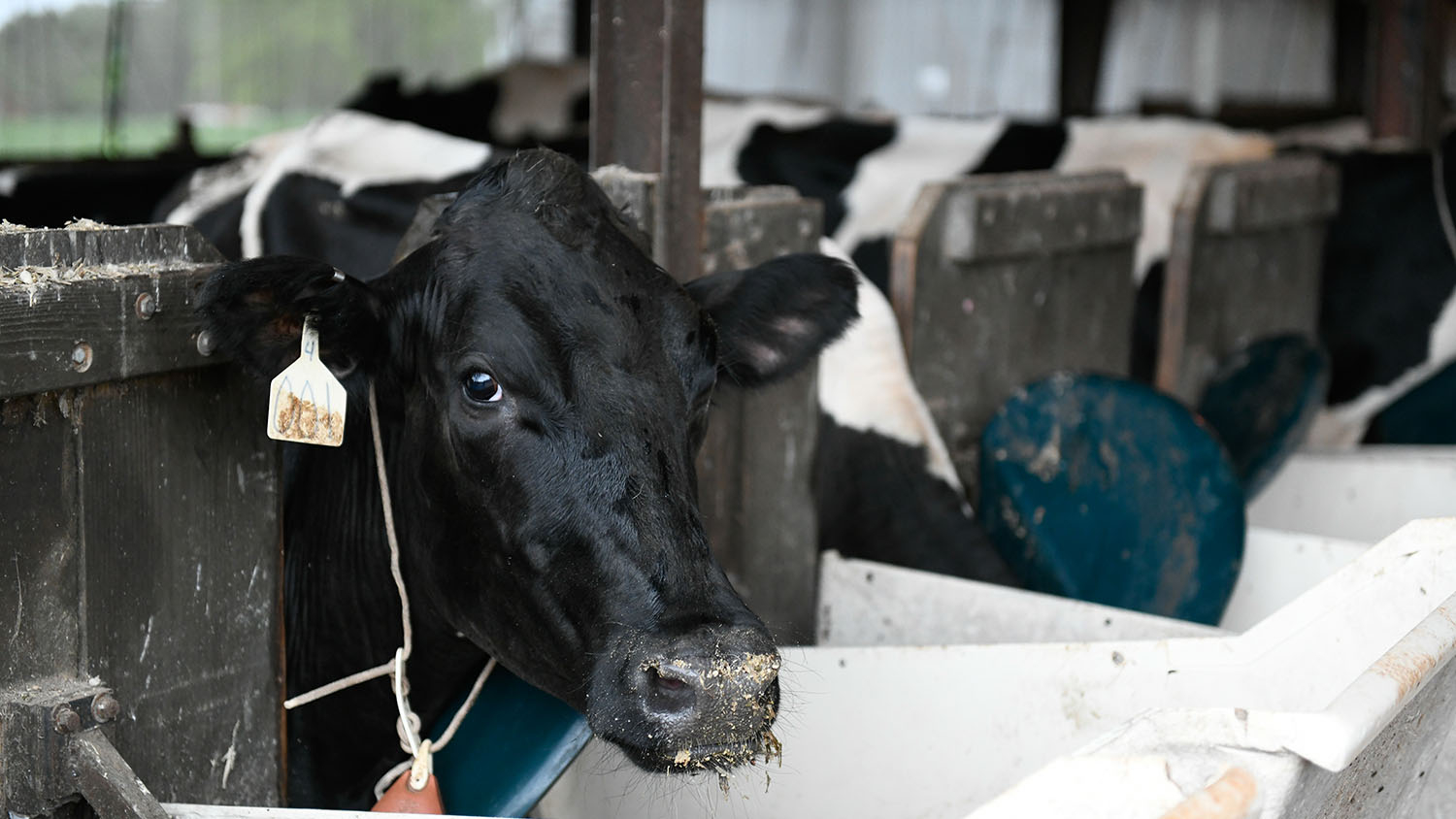NC State Experts Can Shed Light on Origins, Spread of Swine Influenza A (H1N1)
North Carolina State University experts can shed light on the origins and risks posed to the general population by the “swine” influenza A virus H1N1, which is responsible for more than 100 deaths in Mexico and has now spread to the United States.
These experts are involved in research in numerous areas of population health and public health, including risk assessment and food safety, animal biosecurity risk management, foreign animal diseases, microbial resistance in pathogens, zoonotic disease, and international trade. They serve as consultants to the State of North Carolina and federal regulatory agencies concerning agricultural bioterrorism and foreign animal diseases.
Dr. Peter Cowen, associate professor of epidemiology and environmental health, 919/513-6321 or peter_cowen@ncsu.edu, serves as the moderator for ProMED Mail, a global reporting system for outbreaks of emerging infectious diseases in humans, animals and plants. He can discuss the global distribution and epidemiology of emerging diseases, as well as why calling this virus “swine flu” is a misnomer.
Dr. Jay Levine, professor of epidemiology and environmental health, 919/513-6397 or jay_levine@ncsu.edu, works on enhancing biosurveillance analytic capabilities for outbreaks like this one in support of public health and homeland security.
Dr. Barrett Slenning, associate professor of epidemiology and ruminant production medicine, 919/513-6324 or barrett_slenning@ncsu.edu, is the college director of agrosecurity and biopreparedness. Slenning studies agricultural disaster preparedness/response, biosecurity, epidemiology, economics and bioterrorism. He can discuss these and general issues.
-30-
- Categories:


